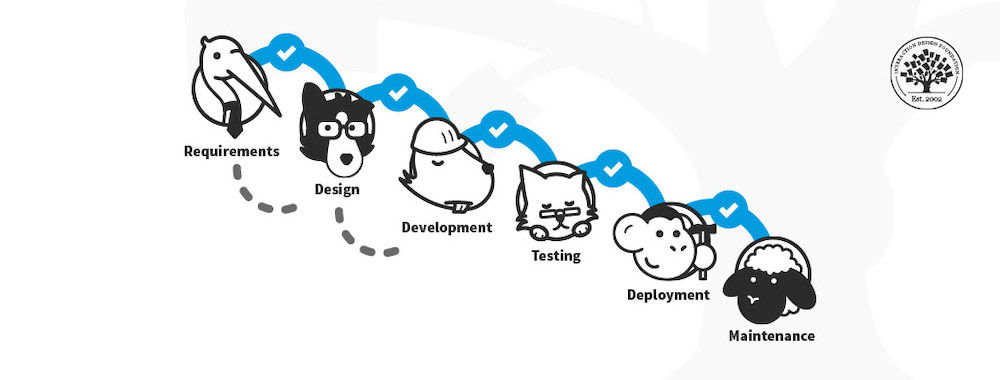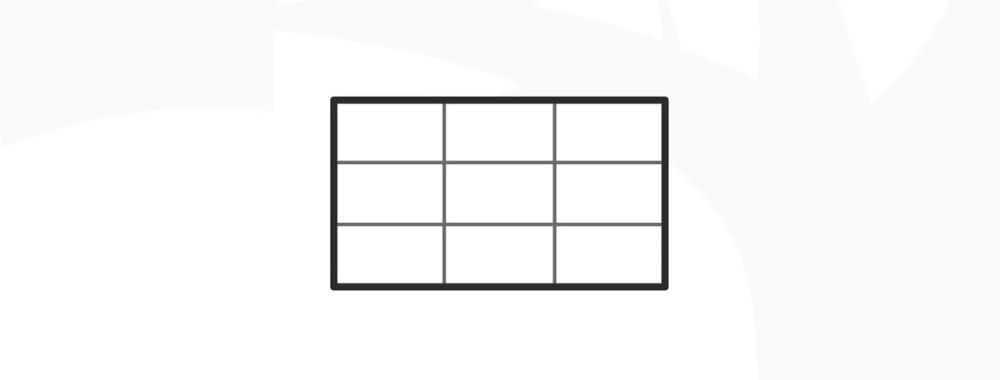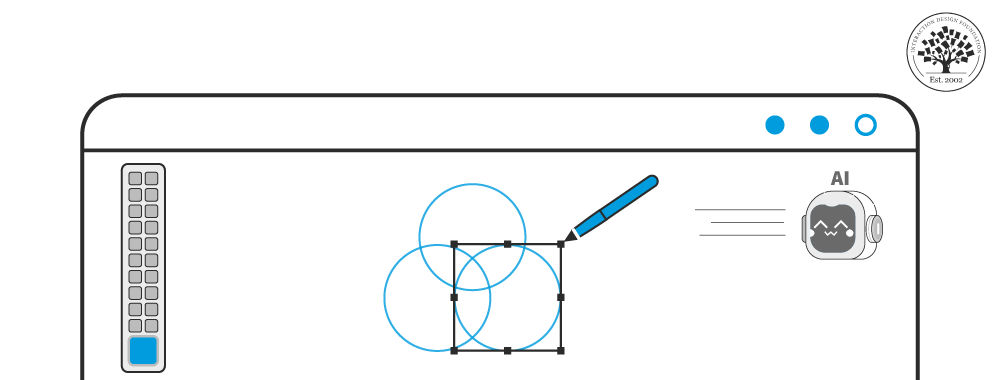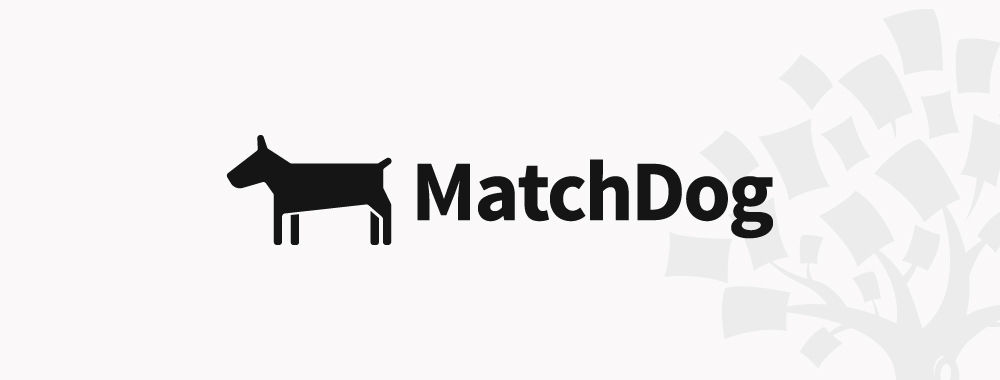Ethnographic research enables the researcher to look at a specific group of people and better understand their behaviours and through that interpret their needs which are currently not met. It’s an expensive business though; ethnographic research requires real interaction with a population over a period of time. So what are the benefits of investing in this kind of research from a user experience perspective?
The Benefits of Using Ethnographic Research

There are some clear benefits to user experience from this research if you consider the user experience as an amalgam of separate parts; the user, the context in which they operate (both the environment and the specific situations the user operates in), and the interface that a user will interact with a product with – then it should be clear that studying a group in “real life” will uncover things that even the best designed laboratory experiments cannot get to easily.
The benefits of this approach include:
- Discovering needs that aren’t met. Unlike user research which is often focused on what a user needs from a specific product; ethnographic research takes a further step back and looks at the behaviours of a population. This enables you to take a look at which needs that population has that aren’t being met and then design products to meet those needs. This can be particularly useful if your business is at a crossroads and wondering what to do next.
- Test the need for products that don’t exist. Conversely, if you have ideas that you want to put into practice with a specific group – ethnographic research can give much clearer insight as to whether those ideas actually do deliver on their promise on the ground.
- Enable competitive differentiation within a population. If you work within a very competitive space then being able to completely meet the needs of a specific niche can be very important to surviving as a business. Ethnographic research can enable a very bespoke approach to a single niche and enable you to develop products that fit that niche so well that it shuts out your competitors for good.
Ethnographic research won’t always produce results that you expect. In fact, by taking a holistic overview of how a population really behaves is likely to result in a fair number of results that will surprise or even shock you. It is in these results that you are likely to find the biggest opportunities because if a result tests your assumptions of how things should be; it’s also likely to conflict with assumptions made by your competition.

Of course, it’s important that your ethnographic research is well designed in order to deliver valuable results. It’s not the kind of investment you want to cut too many corners on – or you risk delivering skewed data that impedes rather than enhances the creative process.
Tomorrow we’ll begin to look at some of the actions you can take to make ethnographic research deliver the best value for your business.
Header Image: Author/Copyright holder: Acquity Group. Copyright terms and licence: All rights reserved. Img
Image Source:
Mootee Typepad (link to image)
Green Book Blog (link to image)
Jocelyn Seagrave (link to image)
